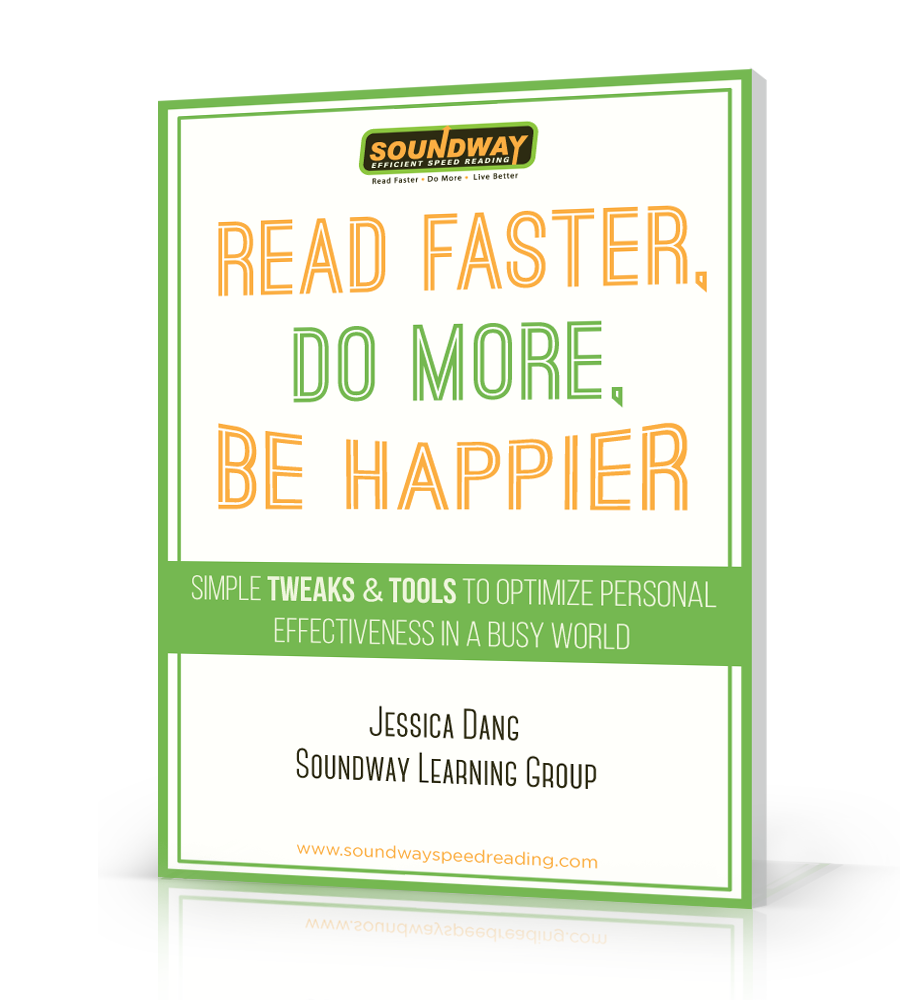T he Oxford dictionary defines a habit as “a settled or regular tendency or practice, especially one that is hard to give up.” Meanwhile, The American Journal of Psychology defines a habit as “A more or less fixed way of thinking, willing, or feeling acquired through previous repetition of a mental experience.”
What’s a Habit?
Now that you know the definition let’s look at how a habit develops. Well, like much of your inherent behavior, a habit tends to occur subconsciously. One thing’s for sure, people form habits through repetition. For example, if you start to read the papers every morning at breakfast, you’ll soon find it hard to have breakfast without reading the papers.
Bad Habits
Most people associate the word “habit” with an undesirable behavior. Certainly habits like nail biting, smoking, overeating, fidgeting, and not wearing your seatbelt in the car, are seen as bad habits, which are worth kicking. However, for most of us, this is easier said than done!
New Habits
While it’s hard to rid yourself of old habits, you can acquire new ones relatively easily. Indeed, you can pick up a new habit just by doing something repeatedly, day after day. Most of us become oblivious to our own habits and we only realize we have a particular habit when it’s pointed out to us.
Kicking a Bad Habit
Do you have a bad habit? You may or may not be aware that you have one, or a few. If you’d like to find out, try asking a loved one his or her honest opinion. The trick to kicking a habit, is to get rid of it as soon as possible. Habits are harder to kick when you’ve indulged in them for years and years. If you’re trying to kick an old habit, first you need to be honest with yourself, and then you’ll need a lot of will power!
Good Habits
Although habits have a bad rep, not all habits are bad. In fact, habits can be good for you if they’re positive. Plus, it’s possible for you to develop a good habit, just as easily as developing a bad one. For example, you can make a habit of being on time, going to bed early, or sticking to a schedule. You can also develop a healthy eating habit or a habit for regular exercise.
To understand more about habits and how they work, check out The Power of Habit: Why We Do What We Do in Life and Business, written by Charles Duhigg. If you’d like to learn more about breaking bad old habits and learning good new ones, try reading The Habit Change Workbook: How to Break Bad Habits and Form Good Ones by James Claiborn and Cherry Pedrick R.N. Interesting books like these can get you started on a good habit—reading!
If you feel you don’t have time to indulge in a reading habit, you could try learning speed reading by taking a reliable program like the ones offered at Soundway Efficient Speed Reading™.
This way you won’t just develop a good habit (reading), you’ll also pick up a great skill (speed reading). The best thing about skills and habits like these? Once you learn them, they last a lifetime!
photo credit: Ardinnnn 🙂 via photopin cc







